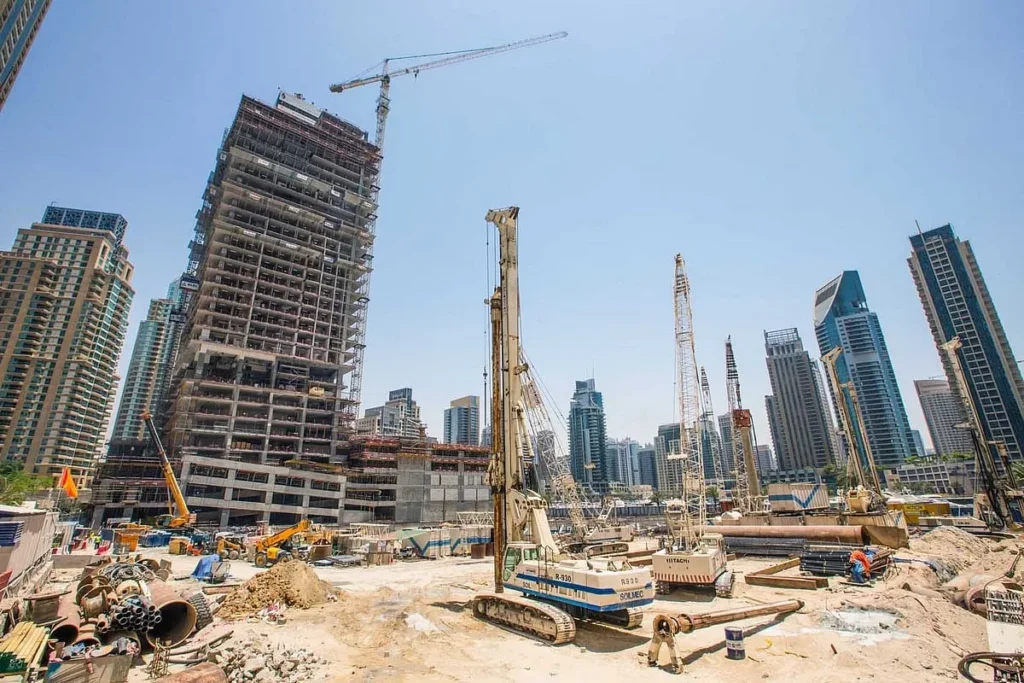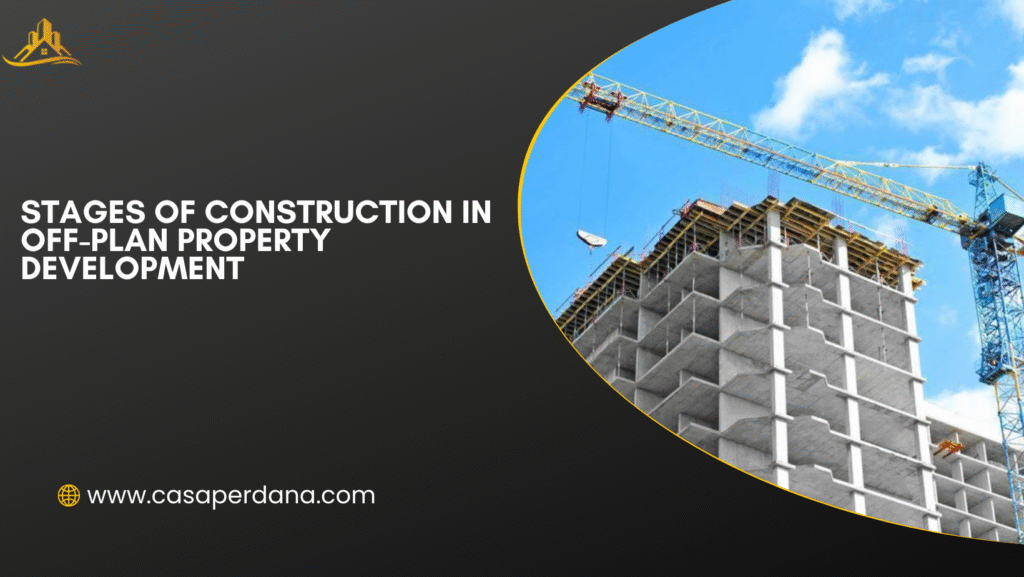Are you trying to figure out how to spot credible off-plan developers? You’re in the right place. In this guide, we’ll walk you through the key ways to identify trustworthy developers and avoid costly mistakes.

Buying off-plan property offers great benefits, but only if the developer is reliable. Choosing the wrong developer can lead to unfinished projects, legal issues, or total financial loss.
That’s why identifying credible off-plan developers is essential before committing your money. In this article, you’ll learn how to investigate a developer’s reputation, check past project performance, verify legal compliance, and evaluate financial stability.
We’ll also cover how to assess their communication, construction quality, partnerships, and post-sale support. By the end, you’ll know exactly what red flags to avoid and which signs confirm you’re dealing with a trustworthy developer.
How to Spot Credible Off-Plan Developers

Here are ways you can spot credible off plan developers:
1. Research Their Track Record
A developer’s past work tells you a lot about their reliability. Start by checking how many projects they’ve completed and how long each one took.
Were they delivered on time and as promised? Look at reviews, testimonials, and client feedback from past buyers. Visit finished sites if possible to see construction quality firsthand. A developer with a consistent history of successful, timely completions is usually a safe bet.
Avoid those with stalled or abandoned projects. If their portfolio lacks real-world proof, proceed with caution. Always favor developers who’ve built a reputation on actual delivery rather than just marketing.
2. Verify Their Registration and Legal Standing
Make sure the developer is registered with the proper authorities. This often includes real estate regulatory bodies and national development commissions, depending on the country. Ask for their business license, registration number, and proof of compliance with real estate laws.
A credible developer should willingly provide all documents without hesitation. Also, check for any ongoing legal disputes or complaints through property or court records. Developers involved in multiple lawsuits or regulatory violations are a major red flag.
Legal transparency is essential for long-term project success and protects you from dealing with unlicensed or fraudulent operations.
3. Check Their Financial Stability as a Company
A financially unstable developer is a major risk in off-plan projects. Look into their funding sources, are they self-financed, backed by banks, or relying solely on buyer deposits? Reliable developers typically have clear financing strategies and bank partnerships.
Review their annual reports, if available, or ask about their financial capacity to complete the project without buyer funds. If the project stalls due to poor cash flow, you may lose both time and money.
A solid financial base signals reliability and improves the likelihood of timely completion. Avoid developers who dodge financial questions or provide vague answers.
4. Evaluate Their Construction Partners and Contractors
The quality of a developer’s construction partners says a lot about their commitment to excellence. Credible developers work with licensed, experienced architects, engineers, and contractors.
Research who’s handling the construction, and look into their background and past projects. If the contractors have a solid reputation and proven track record, it’s a good sign. Poor-quality partners can lead to delays, subpar work, or even project failure.
Ask the developer about the team involved and their previous collaborations. Developers who consistently partner with respected construction firms are generally more trustworthy and more likely to deliver on promises.
5. Assess Their Communication and Transparency
How a developer communicates during the sales process speaks volumes. Are they responsive, open, and clear? Credible developers provide detailed project timelines, specifications, payment plans, and legal documents without being asked repeatedly.
They’ll also update you regularly during construction. Watch out for vague answers, incomplete information, or high-pressure tactics. Transparency builds trust and indicates a professional approach.
Ask tough questions and observe how they respond. If they dodge, delay, or overpromise, consider it a red flag. A trustworthy developer is always willing to keep buyers informed and involved every step of the way.
6. Visit their Site for Inspection
A visit to the site or showroom offers valuable insight into the developer’s standards. Check the quality of materials, finishing, and layout designs. Are the model units well-built and similar to what’s advertised?
A credible developer won’t shy away from showing you around. During your visit, ask about construction progress and timelines. Look for actual workers and machinery on-site to ensure real activity is happening.
If access is denied or the site looks abandoned, it’s a warning sign. In-person inspections often reveal more than brochures or online images can, giving you confidence in your investment.
7. Confirm Delivery Timelines and Penalty Clauses
Delivery timelines are a key part of any off-plan deal. Ask the developer for an estimated handover date and check whether the contract includes penalties for delays.
Credible developers will provide clear construction milestones and reasonable timeframes. They’ll also include clauses that protect your investment if delays occur. If a developer is vague or avoids setting firm deadlines, be cautious.
Delays without penalties may leave you stuck waiting for years. Always review these terms with a lawyer before signing. Knowing your rights, and how the developer is held accountable, gives you legal backing and peace of mind.
8. Ask About Thier After-Sales Support
A good developer doesn’t disappear after handover. Credible developers offer solid after-sales support, including warranties, facility management, and customer service.
Ask about maintenance services, complaint handling, and how they manage property defects. Reliable developers usually have a dedicated team for post-handover issues. If they don’t provide this, you might face long-term headaches fixing problems on your own.
Check how long their warranty period is and what it covers. Read online reviews to see how they’ve treated past clients after delivery. Great after-sales service is a clear sign that the developer values clients beyond just the transaction.
Related Post:




